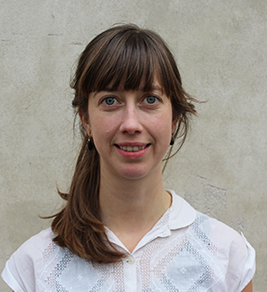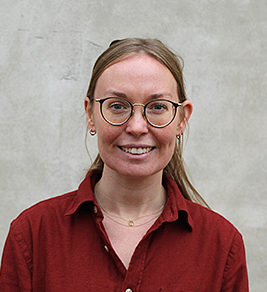Today’s global environments face significant challenges due to pollution and climate change. Overcoming these obstacles remain a crucial goal to create spaces with more greenery, less waste, and enhanced livability for high-quality lives. In the project “From Fragmentation to Integration: Fulfilling the Transformative Potential of Nature-Based Solutions” (Transform-IntegrateNBS), nature-based solutions (NbS) are examined from a comprehensive perspective that involves all types of actors who enable NbS to be realised.
NbS are emerging as promising approaches that offer equitable, environmentally-friendly, and cost-effective solutions. However, their adoption has been slow. The effectiveness of these solutions can vary due to challenges such as rigid and compartmentalized forms of governance, disputes over land use and costs, and the exclusion of certain groups from decision-making processes. To overcome these barriers, our project suggests a comprehensive strategy to implement NbS by studying 1) multiple interconnected challenges, 2) government entities as well as the stakeholders involved and affected by decision making, and 3) different ways society and individuals can change.
The theoretical foundation of the project is based on systems thinking and development methods that build on the Three Spheres of Transformation framework. In the centre, the practical sphere refers to behaviours and technologies (including e.g., NbS), while the middle political sphere refers to the societal structures and systems that tend to govern behavioural and technological interventions. The outermost personal sphere refers to values, worldviews and paradigms that inform assumptions and actions in both the political and practical spheres. The Three Spheres of Transformation will be used as a guiding framework for how to work with NbS in an integrated way.

Three Spheres of Transformation Framework (O’Brien & Sygna 2013, based on Sharma 2007)
At the heart of the project is a new “integrative lab” method, which will be tested across six case studies situated in four partner countries: Norway, Poland, Spain, and Sweden. The methodology is designed to address complex, interconnected socio-environmental challenges while ensuring the equitable involvement of all relevant governing bodies and societal stakeholders. The overarching goal of the project is to unlock the full potential of NbS and thereby maximising the potential of urban areas as spaces for human and ecological flourishing.
By developing a comprehensive method and accompanying co-creating process, the project aims to go one step further not only ensuring that no significant harm is done to social-ecological systems but that the project activity lends itself to generate synergies and regenerative outcomes for both people and planet.




